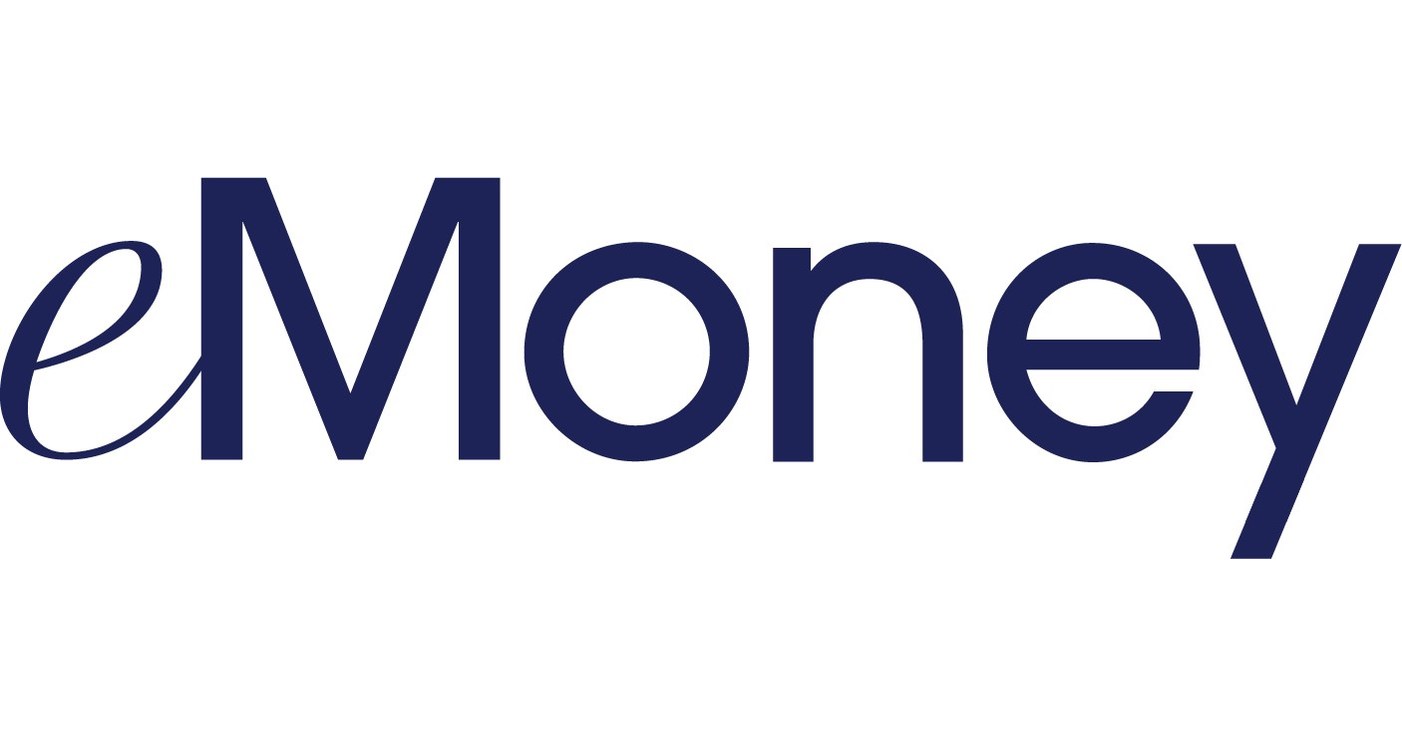UK inflation slows but oil price jump creates new problem for Bank of England | MarketScreener UK
(Reuters) -British inflation cooled in May as expected by the Bank of England, which is set to keep interest rates on hold this week while it assesses international energy markets rocked by escalating conflict in the Middle East.
Consumer prices rose in annual terms by 3.4% in May, the Office for National Statistics said on Wednesday, in line with a Reuters poll of economists.
The data are unlikely to shift interest rate expectations among economists and investors who think the BoE will leave borrowing costs on hold when it announces its June policy decision on Thursday.
Sterling rose slightly against the U.S. dollar after the ONS data release and British government bond yields fell, outperforming German and U.S. debt.
Britain now has the highest rate of inflation out of the 16 Western European economies that have reported comparable EU-harmonised data for May, according to a Reuters analysis.
The British central bank, which is taking a "careful" approach to cutting interest rates, is likely to double down on that language as the conflict between Israel and Iran enters a sixth day. Oil prices have risen about 14% in just over a week.
"The focus now will turn to geopolitical events and the rise in energy prices," Deutsche Bank chief UK economist Sanjay Raja said.
"This will undoubtedly complicate the (BoE's) task. Higher energy prices will mean higher inflation expectations." However, Britain's weakening jobs market could cool inflation pressures, he said.
Services price inflation - a crucial metric for the BoE - cooled to 4.7% from 5.4% in April, matching the BoE's forecast for May. The Reuters poll had pointed to a reading of 4.8%.
Raja said the BoE would be heartened by a drop in its preferred core measure of inflation, which strips out indexed and volatile components as well as rents and holidays and fell below 4% for the first time since February 2022.
Earlier this month the ONS said April's headline consumer price inflation reading of 3.5% had been overstated by 0.1 percentage points due to an error in car tax data from the government.
April's figures were not amended, but the correct data was used for May's readings.
Air fares fell sharply after an Easter holiday spike in April's readings.
Gas, electricity and water prices rose in April alongside higher taxes on employers, causing inflation to leap from 2.6% in March.
Food prices rose by 4.4% in the 12 months to May, the biggest increase in over a year, the ONS said, a blow for low-income households.
Overall goods prices rose by the most since November 2023, up by 2.0%.
Some BoE officials have said they disagree with the central bank's key assumption at its May meeting that the recent climb in inflation will not have longer-running effects on pricing behaviour.
Market pricing on Wednesday pointed to a 90% chance that the BoE will leave rates on hold this week, with two 0.25 percentage-point cuts priced in by the year's end.
The BoE lowered rates by a quarter point to 4.25% on May 8 in a three-way split vote, with two Monetary Policy Committee members favouring a bigger cut and two favouring a hold.
The central bank said in May it expects inflation to peak at about 3.7% later this year. Some economists think April might prove to be the high point, although the conflict in the Middle East poses a risk of stronger price pressures.
(Writing by Andy Bruce, graphic by Sumanta Sen and Andy Bruce, editing by Andrew Heavens, Toby Chopra, Alexandra Hudson)
By Andy Bruce and William Schomberg











